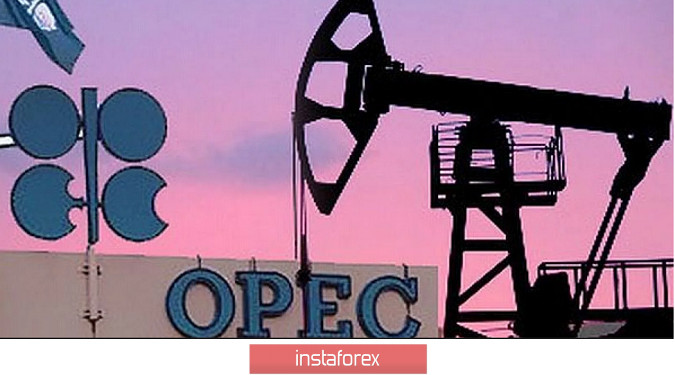
On Monday, OPEC members discussed a proposal to postpone the planned production increase in January by another three months.
Some members are concerned about weak demand in the global market, while other members want to sell more supply, expecting prices to increase amid positive news on COVID-19 vaccines.
The preparations for the meeting was marked by new cracks in relations between the United Arab Emirates and other members. Saudi Arabia's Energy Minister, Prince Abdulaziz bin Salman, expressed his displeasure with the situation, telling others that he could step down as co-chair of the committee.
Hours after the start of the conference, there was no objection to the proposed delay in production and supplies, but delegates said there was still no consensus on the exact terms of the extension. There are still unresolved issues on members' compliance with promised reductions and compensation from countries that previously exceeded their supply limits.
It was Algerian Energy Minister, Abdelmadjid Attar, who called for a postponement. He was later on quoted saying that an agreement should be reached to maintain the current cuts throughout the first quarter.
"Today we must be aware that market conditions for 2020 are likely to persist through the first quarter of 2021," Attar said.
Other options that have been raised were a two-month delay and to gradually increase production over three or four months.
However, these plans did not receive support from the two main players in the coalition: the UAE and Kazakhstan.
As a result, tensions have emerged between the UAE and Saudi, who have traditionally been loyal partners.
Abu Dhabi, on the other hand, is looking forward to using its new production capacity and is also planning to launch a regional benchmark oil contract. It did not make public comments on its position, and the only thing it said before the meeting on Monday was that they had not decided on their position.
Meanwhile, although Kazakhstan is ready to discuss its position, its Energy Minister declined to comment.
Nonetheless, OPEC will eventually find a compromise that works for everyone, as it usually does for the group.
"There is still a broad desire in OPEC to balance the market," said Bill Farren-Price of Enverus. "Although there are options, there is no finished deal."
If a consensus cannot be reached, the existing agreement allows members to add 1.9 million barrels per day to global markets, potentially undermining the recent rise in oil prices.





















